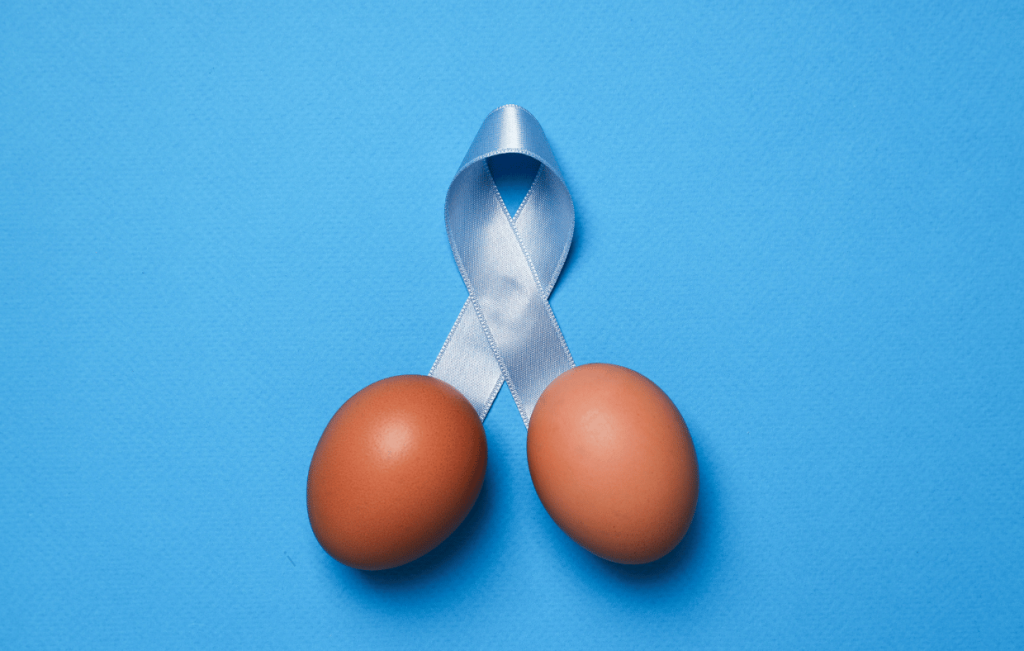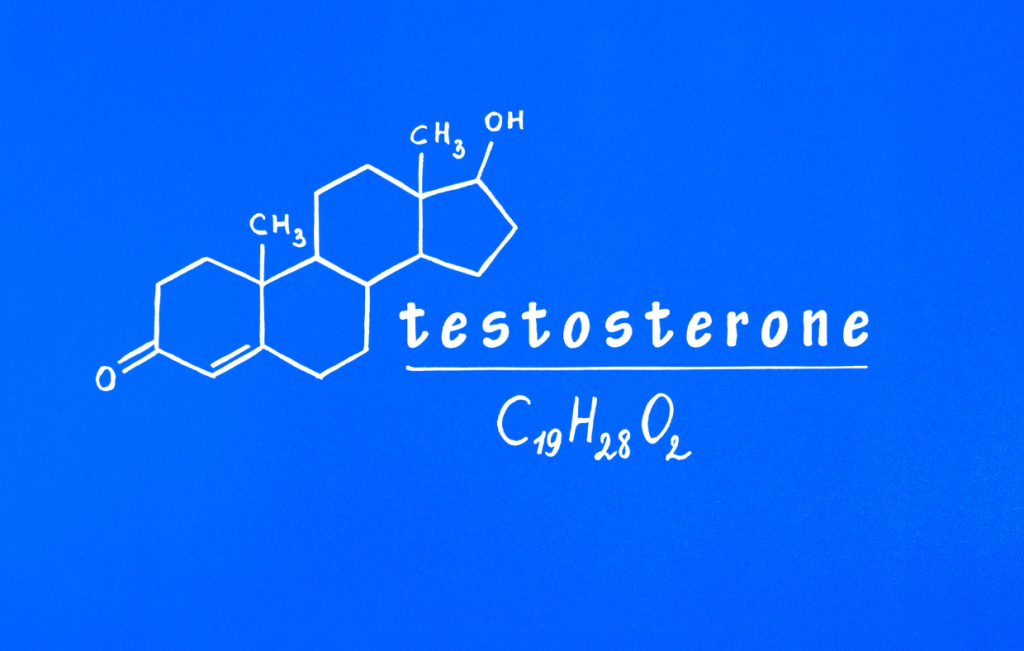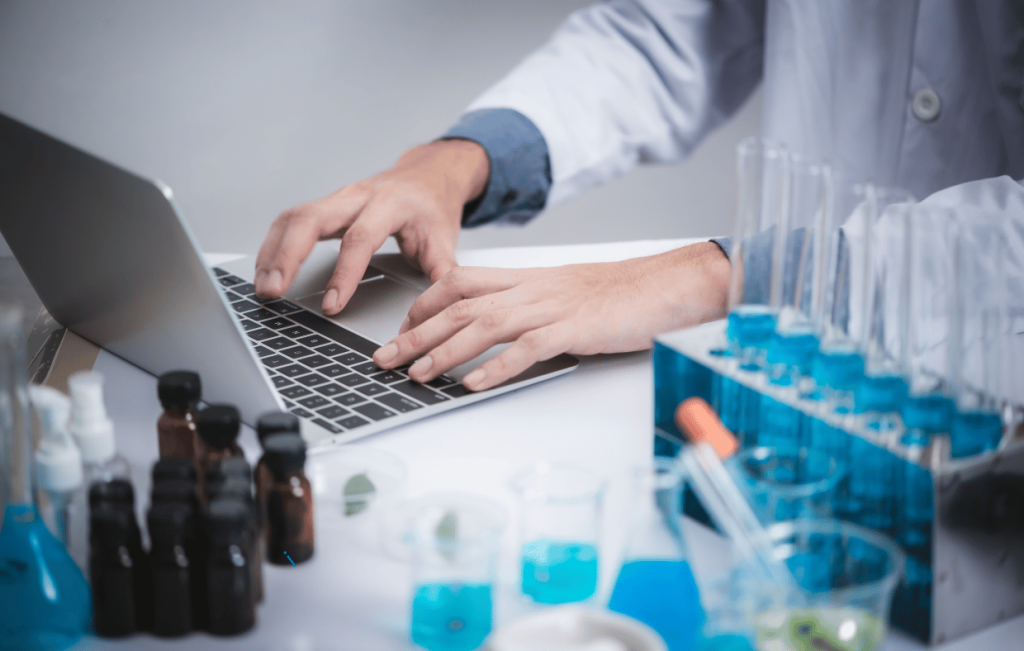Erectile dysfunction (ED) is a common condition affecting men’s health, often associated with hormonal imbalances, particularly reduced testosterone levels. Human Chorionic Gonadotropin (HCG), a hormone that stimulates testosterone production, is emerging as a potential treatment for ED and testosterone deficiency in men experiencing sexual dysfunction due to low testosterone levels.
This post will examine the effectiveness, benefits, and safety of HCG therapy, including injections, monotherapy, and combination therapy. It will also explore how HCG affects testicular function, sperm production, erectile function, and overall men’s health.
Visit this link for more information
Exploring HCG and Its Importance in Male Reproductive Medicine

HCG is a hormone naturally produced by the placenta during pregnancy. In men, it acts as a powerful stimulator of Leydig cells in the testes, which produce testosterone. Testosterone is crucial for penile development, sexual function, muscle mass, and sperm production.
For hypogonadal men (those with low testosterone production), HCG therapy may be prescribed as hormone replacement therapy (HRT) or in combination with testosterone replacement therapy (TRT). This treatment can normalize serum testosterone levels, potentially improving erectile function, sperm counts, and overall sexual health.
HCG and Testosterone Replacement Therapy (TRT)

While TRT is a common treatment for testosterone deficiency, it can decrease the body’s natural testosterone production, leading to testicular shrinkage and reduced sperm levels. HCG injections can mitigate these side effects by stimulating the pituitary gland, signaling the testes to continue producing testosterone.
Studies suggest that combining HCG therapy with TRT can enhance effectiveness, maintain testicular size, and improve sexual function.
HCG Monotherapy: An Alternative to TRT
HCG monotherapy offers an alternative to TRT for men seeking to increase testosterone levels without risking testicular shrinkage or disrupted sperm production. Benefits of HCG monotherapy may include:
- Improved erectile function
- Enhanced libido and sexual performance
- Increased fertility and sperm count
- Greater muscle strength and mass
- Weight loss and decreased body fat
Clinical Data on HCG in the Treatment of Erectile Dysfunction

Several studies have demonstrated HCG’s effect on hypogonadal symptoms and erectile function. Research published in PubMed shows that low-dose HCG can increase plasma testosterone levels and improve various sexual parameters.
The American Urological Association recognizes HCG therapy as an effective treatment for male infertility and testosterone deficiency, particularly hypogonadotropic hypogonadism. However, some studies have involved limited subjects, indicating the need for further research.
Benefits of HCG Therapy for Men
Men undergoing HCG therapy report numerous advantages:
- Restoring Natural Testosterone Production: HCG activates Leydig cells, promoting natural testosterone secretion and improved testicular function.
- Preserving Fertility: By maintaining natural testosterone production, HCG therapy can help protect sperm count.
- Enhanced Erectile Function and Sexual Drive: HCG injections may improve penile size, erectile function, and sexual behavior by increasing testosterone levels.
- Increased Muscle Mass and Reduced Fat: Men on HCG treatment often experience greater muscle gains and reduced fat accumulation.
- Improved Mood and Mental Fitness: Higher testosterone levels can boost cognitive function and alleviate symptoms of depression, brain fog, and low energy.
Potential Side Effects of HCG Therapy
While HCG therapy offers various benefits, it also carries potential risks. Possible side effects include:
- High blood pressure
- Water retention and bloating
- Gynecomastia (breast tissue growth in males)
- Increased risk of heart disease
- Mood swings and irritability
Most of these side effects can be minimized with proper dosage and consultation with a healthcare provider before starting HCG therapy.
HCG Versus Clomiphene Citrate
Some men opt for Clomiphene Citrate instead of HCG to treat testosterone deficiency. While Clomiphene Citrate can stimulate testosterone production, HCG generally shows better results in preserving testicular function and addressing fertility issues.
HCG therapy is often preferred for men concerned with fertility due to its direct impact on Leydig cells and testosterone production without significantly altering spermatogenesis.
HCG Administration and Dosage
HCG administration depends on the treatment modality. Common low doses range from 500 to 2000 IU per week, though these can vary based on individual hormone levels and medical conditions. HCG therapy should only begin after a blood test for testosterone levels.
Consulting a healthcare provider ensures appropriate treatment indications and minimizes the risk of serious side effects.
Conclusion
HCG therapy is a clinically-based, FDA-approved treatment for conditions such as erectile dysfunction, testosterone deficiency, and male infertility. Whether used as a standalone therapy or in combination with testosterone replacement therapy, HCG injections offer a safe and effective approach to improving men’s health.
While research is ongoing, HCG treatment appears to be a viable option for men seeking to normalize testosterone levels, enhance sexual function, and preserve fertility. However, it should always be administered under the guidance of a healthcare provider to ensure safety and optimal results.


